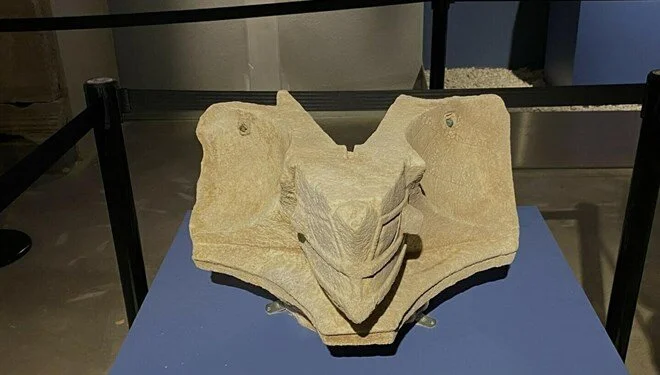
Rare 2,200-Year-Old Sun Dial Discovered at Aigai Ancient City in Türkiye
Archaeologists working in the ancient city of Aigai, one of Aiolis’ best-preserved settlements, have unearthed a remarkable Hellenistic-era sun dial dating back more than two millennia. The artifact, found in a single, undamaged piece inside the city’s Bouleuterion (council house), provides fresh evidence of the advanced scientific knowledge and artistic craftsmanship of the time.
An Artifact That Combines Astronomy and Symbolism
According to excavation director Prof. Dr. Yusuf Sezgin, the sun dial’s unique design makes it one of the finest surviving examples of ancient timekeeping instruments:
“The dial was mounted on a Doric-style column capital and elevated from the ground. Its front was carved in the shape of a ship’s prow, with eye motifs on either side as protective symbols. Bronze rods once cast shadows to indicate the time, while a central line allowed observers to track solstices and other astronomical events. Apart from one piece found on Delos Island, we have not encountered another example with this level of detail.”
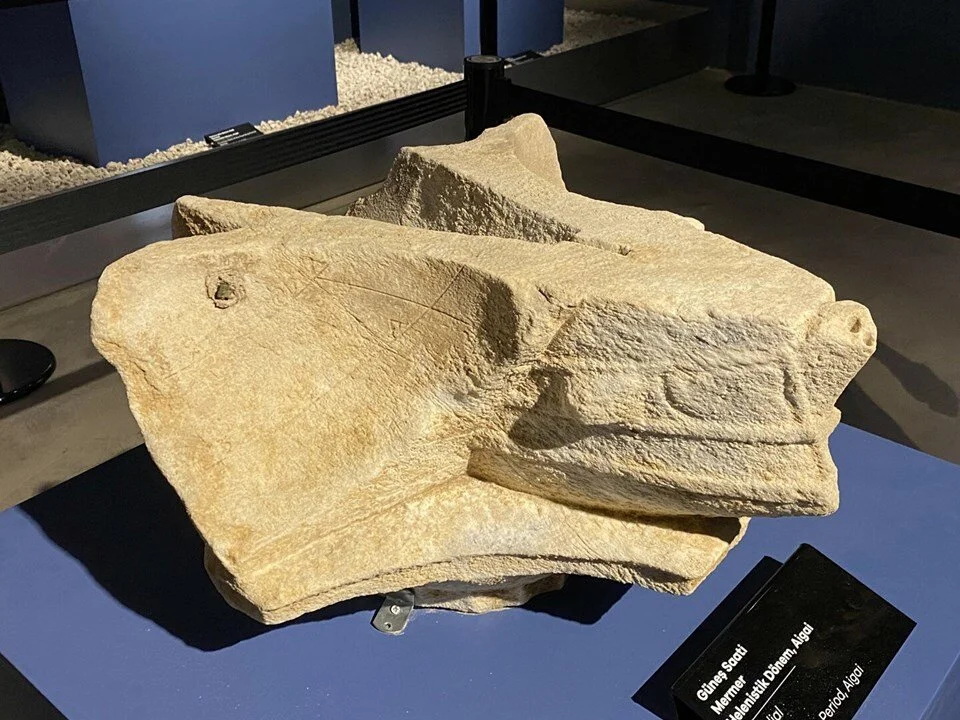
Aigai: A Mountain Stronghold of Aiolis
Founded around the 7th century BCE, Aigai was a thriving hub of commerce and culture in western Anatolia during the Hellenistic period. Built on a steep, defensible hill in modern-day Manisa province, the city is known for its monumental architecture, including a theatre, agora, stoas, and civic buildings. Ongoing excavations since 2004 have revealed statues, inscriptions, and architectural remains that showcase Aigai’s wealth and influence.
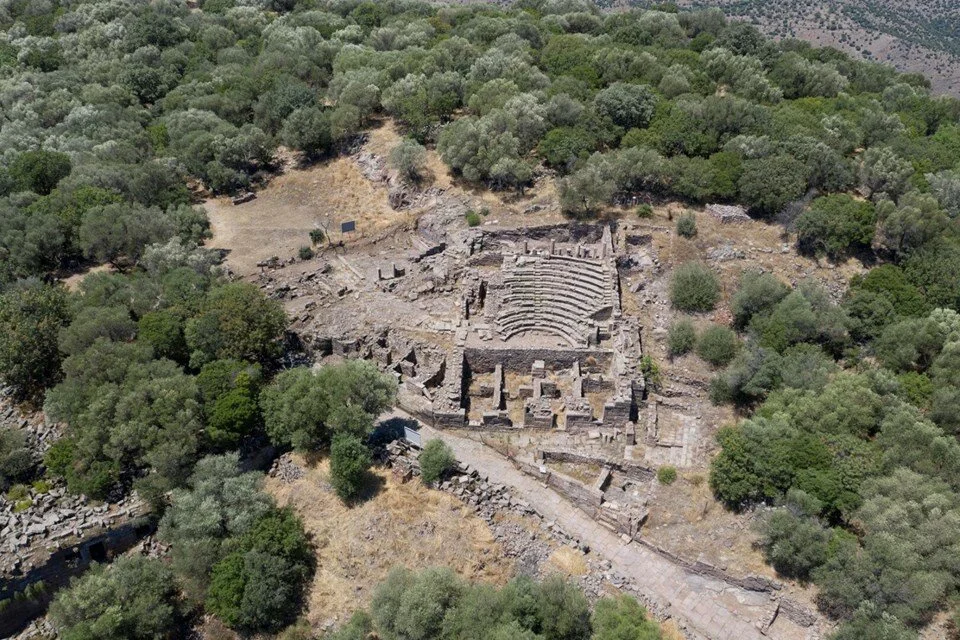
Now Displayed at the Manisa Museum
The newly uncovered sun dial is now on exhibit at the Manisa Museum, where it stands out as both an artistic masterpiece and a scientific tool. Experts say the find highlights the sophistication of astronomical studies in the ancient Greek world and adds a new dimension to Aigai’s historical significance.
📣 Our WhatsApp channel is now LIVE! Stay up-to-date with the latest news and updates, just click here to follow us on WhatsApp and never miss a thing!!
You may also like
- A 1700-year-old statue of Pan unearthed during the excavations at Polyeuktos in İstanbul
- The granary was found in the ancient city of Sebaste, founded by the first Roman emperor Augustus
- Donalar Kale Kapı Rock Tomb or Donalar Rock Tomb
- Theater emerges as works continue in ancient city of Perinthos
- Urartian King Argishti’s bronze shield revealed the name of an unknown country
- The religious center of Lycia, the ancient city of Letoon
- Who were the Luwians?
- A new study brings a fresh perspective on the Anatolian origin of the Indo-European languages
- Perhaps the oldest thermal treatment center in the world, which has been in continuous use for 2000 years -Basilica Therma Roman Bath or King’s Daughter-
- The largest synagogue of the ancient world, located in the ancient city of Sardis, is being restored

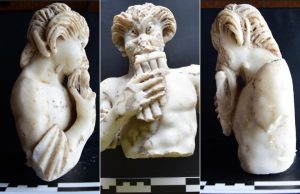
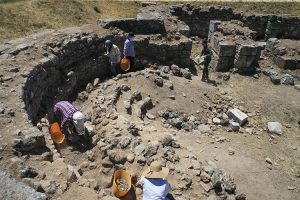
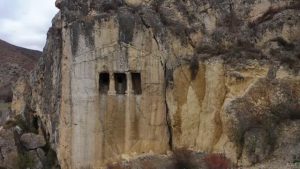
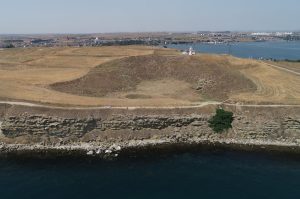
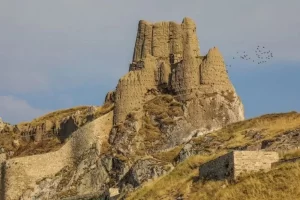
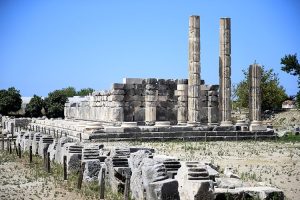


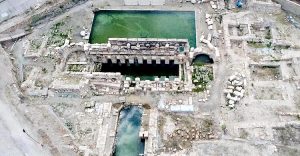
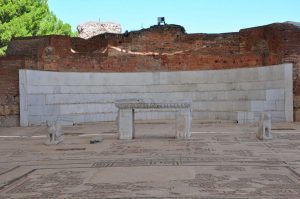
Leave a Reply